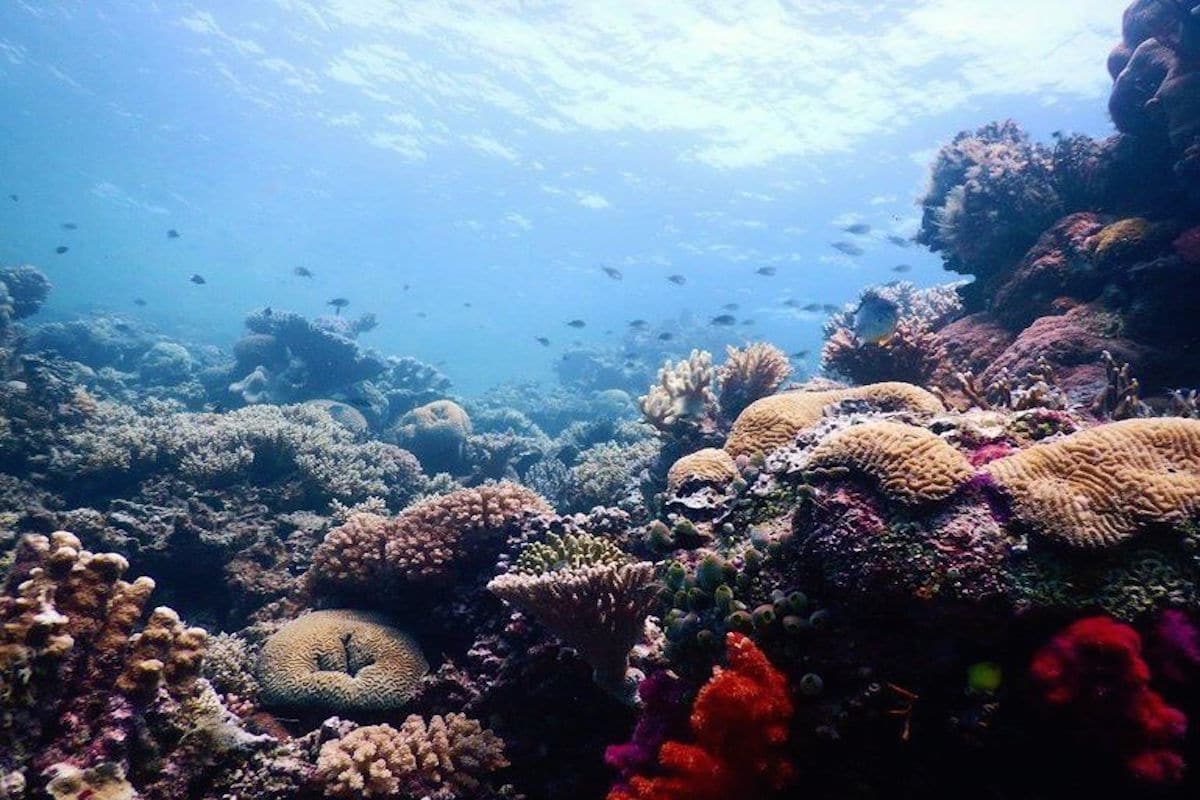
In a concerning ecological development, Australia’s Great Barrier Reef may be facing another mass-bleaching event. According to an exclusive report in The Guardian, analysis conducted by a group of scientists at the US’ National Oceanic and Atmospheric Administration (NOAA) showed concerning findings across a three-month period.
The data found heat stress on the corals had reached an “unprecedented [level] in the satellite record” for the period of the year. Temperatures on the reef between mid-November and mid-December 2021 were so extreme the minimum temperatures for more than 80 per cent of the reef were higher in the recording period alone than compared to previous maximums.
The research also states the Great Barrier Reef will enter February and March with “more accumulated heat than ever before,” with this time of year the peak period for heat stress. Average water temperatures in mid-December were at least 0.5C warmer than the same period in any previously recorded summer when the reef was also bleached.
Dr William Skirving, of NOAA’s Coral Reef Watch, explained the consequences of the research to The Guardian, saying the event is like nothing ever seen before.
“There’s never been heat stress like that in our records,” says Dr Skirving. “It’s completely out of character and speaks to the fact that the minimum temperatures were higher than the previous maximums.”
Dr Skirving also went on to say the findings are “almost certainly a climate change signal.”
What does a mass-bleaching event actually mean for the Great Barrier Reef?
The Great Barrier Reef has already seen five mass-bleaching events in its history —1998, 2002, 2016, 2017 and 2020 – with the cause of their occurrence the rising ocean temperatures driven by global heating. Corals attain the majority of their food and colour from the algae living within them, yet if temperatures increase drastically, the algae separates and leaves their colouring a bleached white.
While the analysis conducted by NOAA has not been peer reviewed, it has been excepted into a scientific journal.
Image: Pinterest



